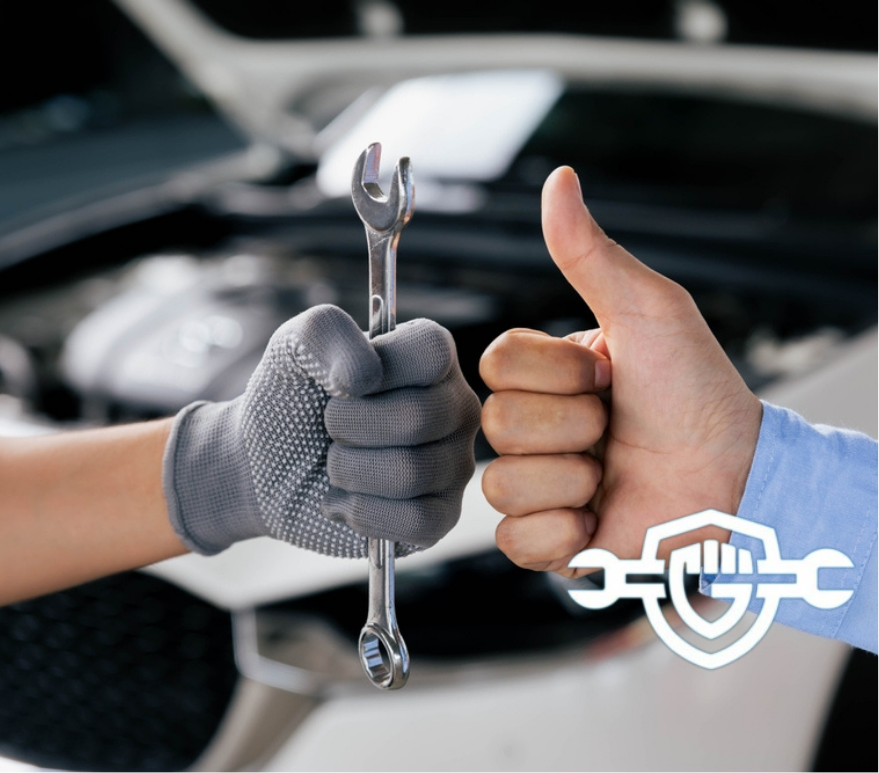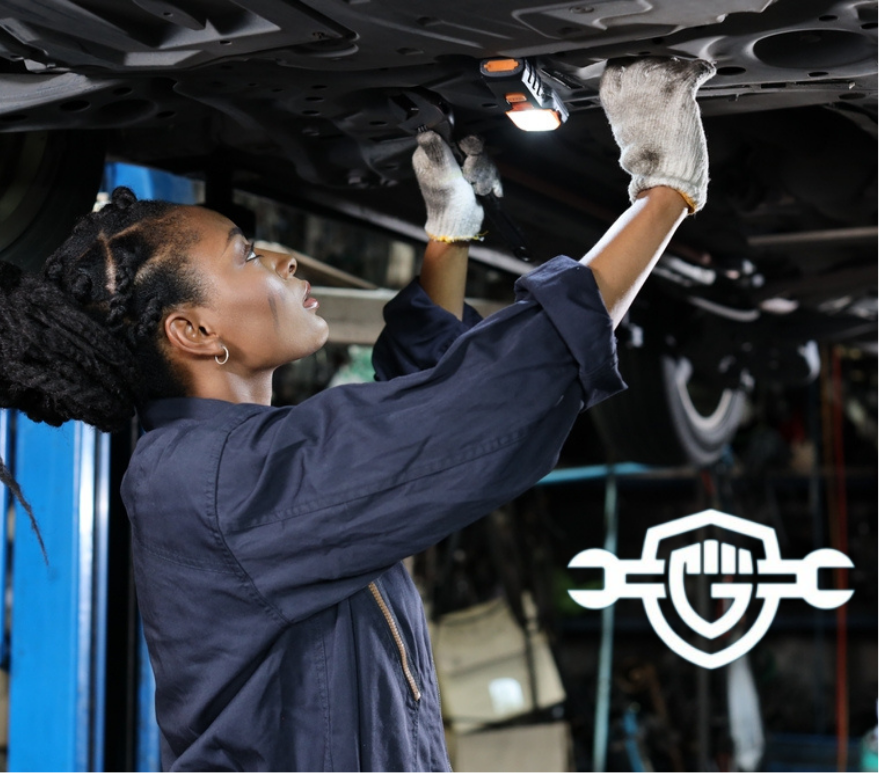How Does Weather Affect Your Tires
Published on
May 8, 2025
.png)
Whether you live in an area that has warm weather year-round or somewhere that experiences the four seasons, you might be surprised to learn the impact the conditions can have on your tires. Read on to learn more:
How Does Weather Affect Your Tires?
Does tire pressure change with weather? Yes, but it's not so much the weather that impacts your tire pressure and contributes to tread wear, but the temperature. Temperature impacts the air pressure within your tires, which can thereby influence wear and tear. In this post, we'll take a closer look at how weather and temperature impact your tires over time and what you can do to ensure you stay safe while driving in certain conditions.
Hot Weather Wears Out Your Tires
We already answered the question "does weather affect tire pressure?" So don't be surprised that hot temperatures can cause the air within your tires to expand, potentially leading to overinflated tires. Overinflated tires won’t make even contact with the road, which makes them wear unevenly. Additionally, overinflation can put excessive pressure on the tires, which can lead to accelerated tread wear and also increase the likelihood of a tire blowout.
Additionally, hot temperatures can accelerate rubber degradation. When the rubber compound wears down and degrades, your tires are more likely to crack or split.
Cold Temperatures Lower Tire Pressure
Cold temperatures have the opposite effect of hot temperatures on your tires, as air contracts in the cold. In fact, it's estimated that for every 10 degree (Fahrenheit) drop in temperature, your tires could lose up to 2 psi of pressure. Underinflation causes the tire to create more friction when it comes into contact with pavement, which can cause accelerated wear.
Rainy Roads Reduce Traction
Rainy roads can significantly reduce traction between your tires and the pavement. This is largely due to the added layer of moisture on the road that separates your tires from the pavement. If you're not careful or your tires aren't in good condition, it can lead to a reduced grip and a greater likelihood of hydroplaning.
In addition to practicing safe driving practices in rainy conditions, be sure to check your tire tread depth and ensure it's adequate. Tires in good condition are important for staying safe while driving in rainy weather.
Snow and Ice Make Tires Work Harder
Tires have to work harder in snowy and icy conditions to maintain their grip on the road. Additionally, cold weather can harden the tires and result in difficulty gripping the pavement in these conditions. It's important to ensure that your tire tread depth is in good enough condition to adequately grip the road and channel away snow and slush.
One option is to swap out your set of all-season tires for snow tires when winter weather hits. Snow tires are made of a softer rubber compound that allows them to remain more flexible in cold temperature conditions. Additionally, snow tires often have deeper treads and unique tread patterns that help better grip roads and power through snow and slush.
Temperature Swings Speed Up Tire Wear
As we hit on earlier in this post, temperature swings can lead to accelerated tire wear and damage. Cold temperatures cause air to condense, which can result in underinflated tires, while hot temperatures cause air to expand, leading to overinflation. Both underinflation and overinflation may result in uneven and accelerated tread wear.
The best way to avoid tire wear from temperature swings is to be diligent about checking the tire pressure on your vehicle's tires more frequently. During cold snaps, check them every few days and inflate when necessary. Do the same during hot spells and deflate when necessary. Always check your tire pressure before you start your vehicle after it's been sitting for a period of time. Keeping your tire pressure at or around the manufacturer's recommended psi levels is going to help avoid accelerated tread wear.
Sun Exposure Can Damage Tires
Prolonged sun exposure can damage tires. How? By causing the rubber to dry out, crack, split, and — eventually — deteriorate fully. Over time, the sun's UV rays can take their toll on the rubber compound that's used to make tires, which can impact overall tire quality.
If you live in a sunny climate, be sure to try to park in a garage or shaded areas to limit the effect the sun can have on your vehicle's tires. You can also consider using a tire protectant to help shield your tires from the sun's harmful rays.
Humidity Affects Tire Performance
Humidity can impact tire performance when excess moisture in the air causes tire pressure to fluctuate. Humidity can also lead to accelerated tread wear.
How to Protect Your Tires Year Round
What can you do to protect your tires at all times of the year? We offered some actionable insight throughout this post, but these tips — and others — are worth sharing again:
- Check your tire pressure regularly, especially during hot spells and cold snaps. Inflate or deflate as necessary to get to the proper tire pressure.
- Park in a garage or shady spots to minimize the effect of the sun's UV rays on your tire rubber.
- Consider swapping out all-season tires for a set of snowy tires if you live in an area with winter weather. Make sure you properly store any tires that aren't in use. Tires are best stored indoors in a cool, dry place.
- Rotate your tires every 6,000 to 8,000 miles to ensure even tread wear.
- Regularly inspect your tires for any signs of damage and repair as necessary.
- Avoid overloading your vehicle, which puts extra stress on your tires and wheel system.
- Practice good driving habits, like gradual stopping and acceleration to avoid premature tread wear.
Contact Us Today
For more information on how weather and temperature impact your tires, and to schedule an appointment for tire repair or replacement, contact your neighborhood full-service GreatWater-affiliated shop today.
.png)

